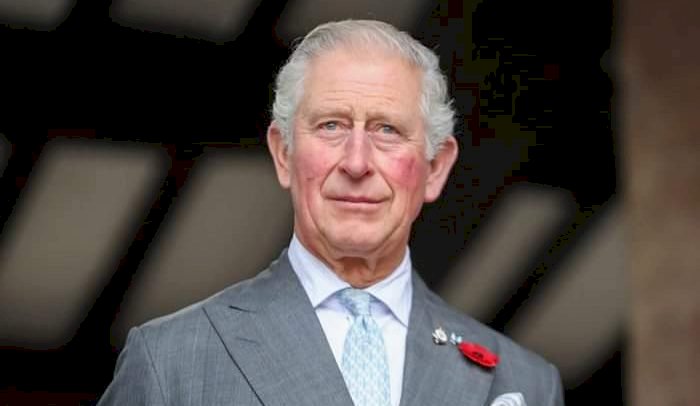Charles Is The New King

At the moment the Queen died, and the throne passed immediately and without ceremony to the heir, Charles, the former Prince of Wales. But there are a number of practical and traditional steps which he must go through to be crowned King.
What will he be called?
One of his first acts is to decide whether to reign as King Charles III, or take another name. For instance, his grandfather George VI’s first name was Albert, but he reigned using one of his middle names. Charles could choose from any of his four names - Charles Philip Arthur George. He is not the only one who faces a
Although he is heir to the throne, Prince William will not automatically become Prince of Wales. However, he immediately inherits his father’s other title, the Duke of Cornwall. His wife Catherine will also be known as the Duchess of Cornwall. There will also be a new title for Charles’ wife, whose full title will be Queen Consort - consort is the term used for the spouse of the monarch.
Formal ceremonies
In the first 24 hours or so after his mother’s death, Charles will be officially proclaimed King. This happens at St James’s Palace in London, in front of a ceremonial body known as the Accession Council. This is made up of members of the Privy Council - a group of senior MPs, past and present, and peers - as well as some senior civil
servants, Commonwealth high commissioners, and the Lord Mayor of London. More than 700 people are entitled in theory to attend, but given the short notice, the actual number is likely to be far fewer. At the last Accession Council in 1952, about 200 attended. The King does not traditionally attend. At the meeting, the death of Queen
Elizabeth will be announced by the Lord President of the Privy Council (currently Penny Mordaunt MP), and a proclamation will be read aloud. The wording of the proclamation can change, but it has traditionally been a series of prayers and pledges, commending the previous monarch and pledging support for the new one. This
proclamation is then signed by a number of senior figures including the prime minister, the Archbishop of Canterbury, and the Lord Chancellor. As with all these ceremonies, there will be attention paid to what might have been altered, added or updated, as a sign of a new era.
